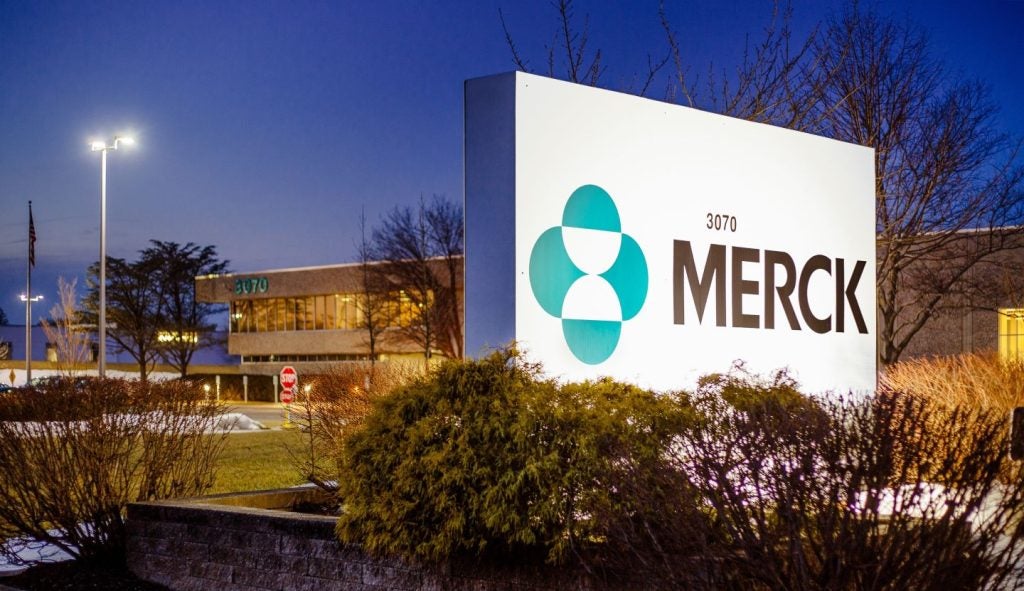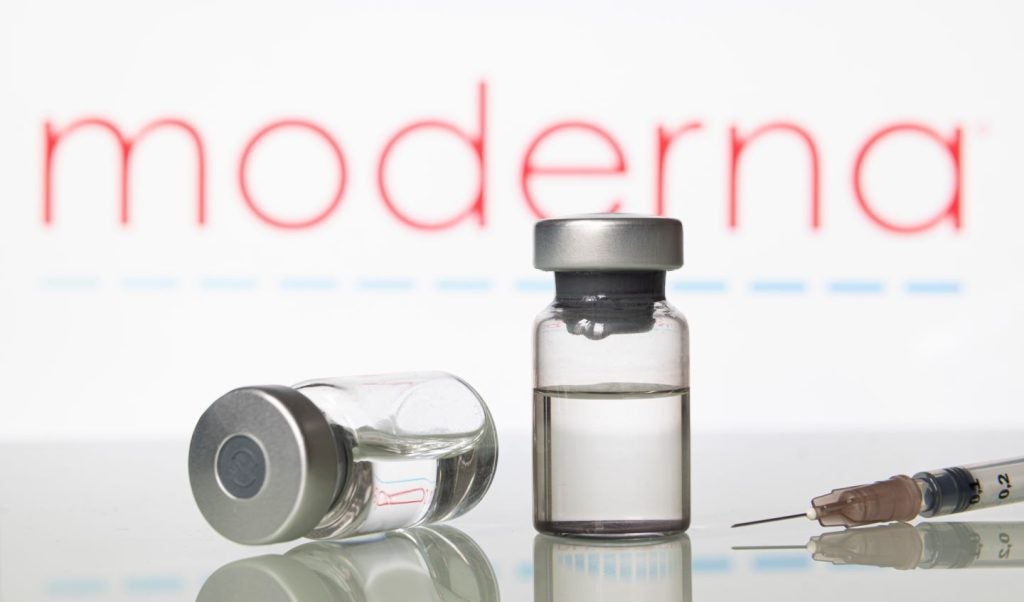Merck (MSD)'s anti-programmed death receptor-1 (PD-1) therapy Keytruda has received a positive opinion from the Committee for Medicinal Products for Human Use (CHMP) of the European Medicines Agency (EMA) for use in combination with chemotherapy for non-small cell lung cancer (NSCLC).
The CHMP recommended approval of Keytruda along with platinum-containing chemotherapy as neoadjuvant treatment, followed by Keytruda monotherapy as adjuvant treatment in adult resectable NSCLC patients at high recurrence risk.
The latest development is based on data from the Phase III KEYNOTE-671 trial.
This trial demonstrated that Keytruda combined with chemotherapy, followed by the antibody as a monotherapy, significantly improved both overall and event-free survival, the dual primary endpoints of the study.
The CHMP's recommendation is a crucial step towards marketing authorisation in the European Union.
A final decision by the European Commission is anticipated in the first half of 2024.
Keytruda received approval in the US for the same indication in October 2023.
The humanised monoclonal antibody enhances the immune system's ability to detect and combat tumour cells. It hinders PD-1 and its ligands, activating T lymphocytes, which can impact tumour cells and healthy cells.
Merck Research Laboratories global clinical development oncology head and senior vice-president Dr Marjorie Green stated: “The CHMP’s positive opinion puts us another step closer to helping certain patients in Europe with earlier stages of non-small cell lung cancer, regardless of PD-L1 [a protein affecting immune response] expression.
“We look forward to the European Commission’s decision, as we continue to build on the legacy of Keytruda in certain types of lung cancer and pursue meaningful advances that may help extend the lives of patients.”
The US Food and Drug Administration recently granted priority review for a new supplemental biologics licence application for Keytruda and chemotherapy for advanced or recurrent endometrial carcinoma.














